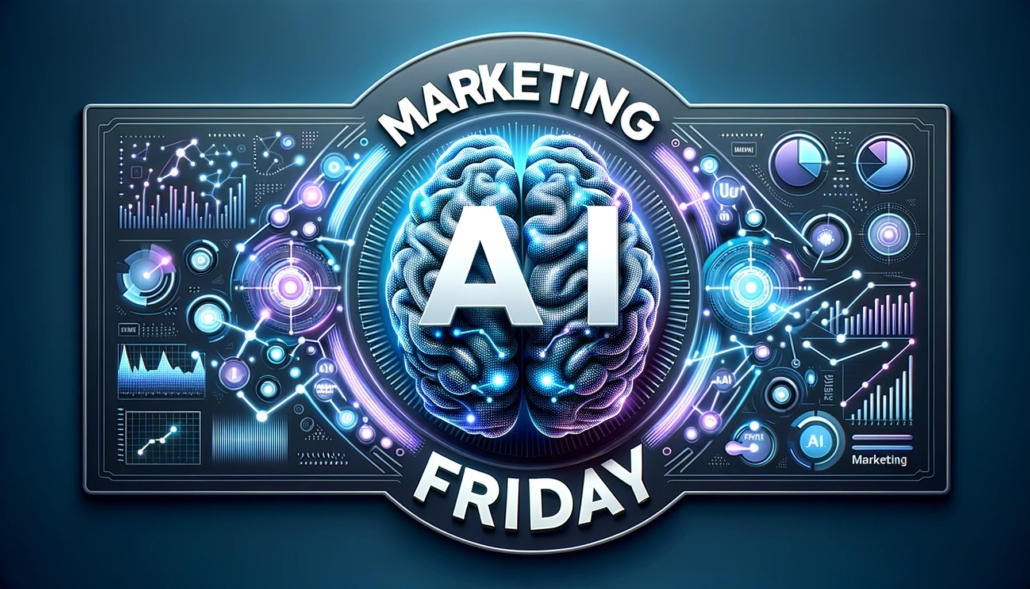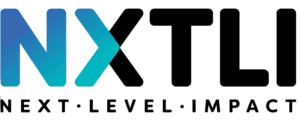Websites today are visited not only by humans, but also by AI crawlers who silently collect content to feed their models. They read, copy and process text without notification or permission, often without anything in return. Cloudflare believes that can be done differently. A new system called pay-per-crawl gives creators back control.
What is pay-per-crawl?
Cloudflare, a technology company that improves Internet security, performance and reliability, is introducing a system where AI crawlers such as OpenAI's GPTBot must pay for access to your content. Web site owners decide whether to allow crawlers access, block crawlers or instead charge for access to their content.
The technology behind this system uses a rarely used status code: HTTP 402 (Payment Required). Cloudflare facilitates the payment and forwards the proceeds to the site owner. This creates a model in which digital content is financially recognized, not only by users, but also by machines.
Why is this relevant to marketers?
If you are working on brand reinforcement through content, whether for your own company, a client or a campaign, visibility is essential. But the ratio of AI traffic to real visitors is becoming increasingly skewed. Cloudflare indicates that Google's ratio of crawls to visitors shifted from 6:1 to 18:1 in six months.
In other words, your site is scanned far more often than actually visited. So your valuable insights are incorporated into models, but provide you with no leads, no views and no impact. Pay-per-crawl is an alternative that does justice to your investment in content.
Not just for large companies
Big names like The Atlantic, Condé Nast and The Associated Press are already participating in Cloudflare's program. But this system is not exclusive to media giants. Entrepreneurs, consultants, agencies and educators with their own domain can also benefit. Do you have a content strategy that focuses on blogs, white papers or insights? Then this is for you. You decide which AI agents get access, and under what conditions.
AI and the content ecosystem
Cloudflare's initiative falls under a broader development: the shift from the Internet as a "public resource" to an ecosystem in which content creators recover their value. Think of a future where AI assistants buy access to screened content, based on demand, relevance and added value.
A simple question to your AI agent (For example, "What is the ROI of content marketing in B2B?") can then lead to a micro-payment to an expert blog that provides the answer. Pay-per-crawl lays the technical foundation for such a system.
What can you do now?
Currently, the system is still in a closed beta phase. But it is wise to start thinking now about your content policy toward AI. What do you want to share? What do you want to protect? Under what conditions may your expertise be reused? If you already use Cloudflare, which many sites do because of DDoS protection and performance optimization, you will soon be able to set up how you deal with AI crawlers relatively easily.
Whether AI companies will actually start paying soon remains to be seen. But the signal is clear: content is not free fuel for algorithms. As a creator, you have a right to control and perhaps to be compensated. In this, Cloudflare's pay-per-crawl is a promising step toward balancing usage and value.
Take a leap forward in your marketing AI transformation every week
Every Friday, we bring you the latest insights, news and real-world examples on the impact of AI in the marketing world. Whether you want to improve your marketing efficiency, increase customer engagement, sharpen your marketing strategy or digitally transform your business. 'Marketing AI Friday' is your weekly guide.
Sign up for Marketing AI Friday for free.

